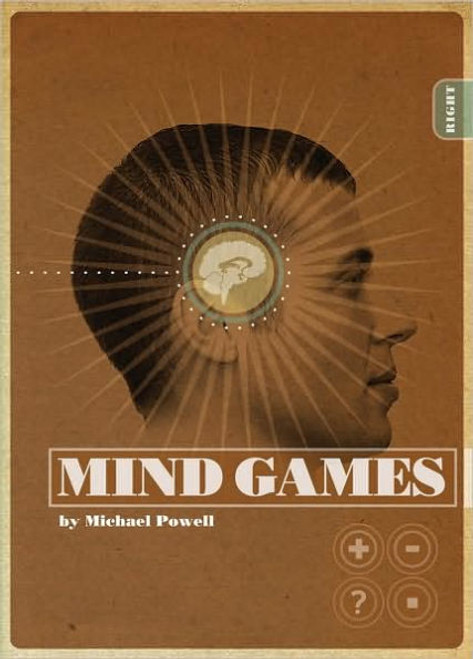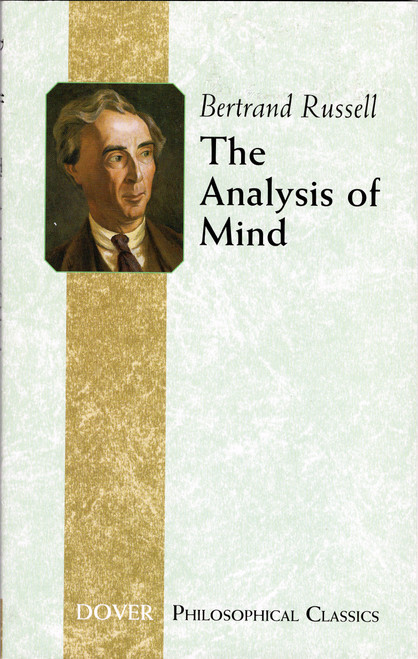In 1895 when this analysis of mass psychology first appeared in English, it was regarded as far too somber a picture of the popular mind. But now, after two World Wars, the Russian Revolution, the evidences of crowd expressions under Hitler and other dictators, Le Bon's major conclusions are more than ever justified.
The long, brilliant new introduction to this volume, by Robert K. Merton, the eminent sociologist of Columbia University, gives additional illumination to Le Bon's theories.
As the author states in his preface: "Organized crowds have always played an important part in the life of peoples, but this part has never been of such moment as it is at present. The substitution of the unconscious action of crowds for the conscious activity of individuals is one of the principal characteristics of the present age."
Time has made his message more than ever a vital one. The rapid growth of bureaucracy, and the transference of power to this bureaucracy by crowds of citizens, is an all-pervading problem demanding study and action. The Crowd is a prerequisite for that study.
Introduction by Robert K. Merton
About the Author
Charles-Marie Gustave Le Bon (May 7, 1841-December 13, 1931) was one of France's most famous polymaths, who wrote and studied extensively in the fields of anthropology, psychology, and science. His best-known work, The Crowd: A Study of the Popular Mind, is reputed to have been influential in the thinking of historical figures such as Theodore Roosevelt, Benito Mussolini, Adolf Hitler, and Vladimir Lenin-due to his interpretation of the effects of crowd psychology and propaganda.







